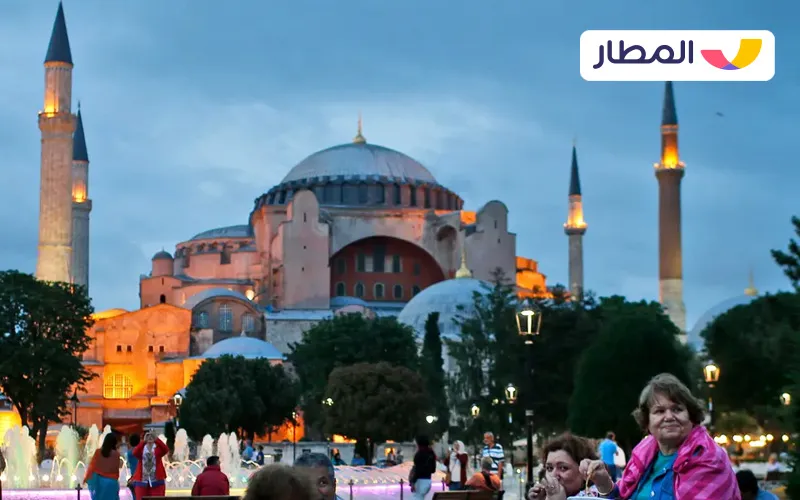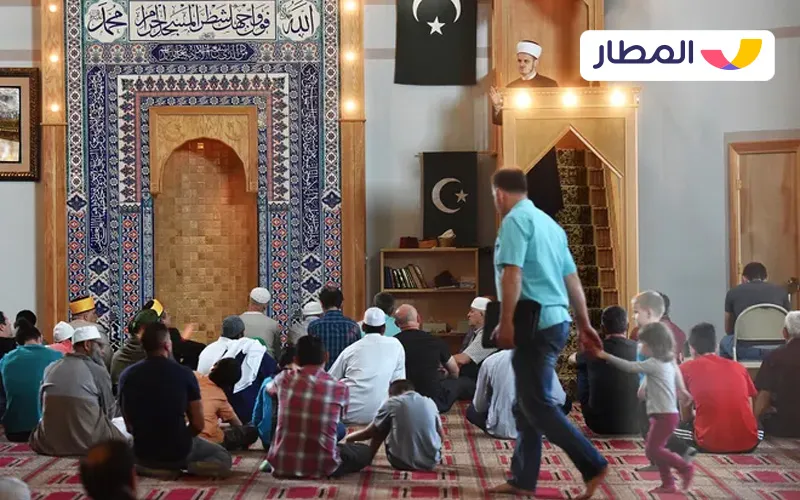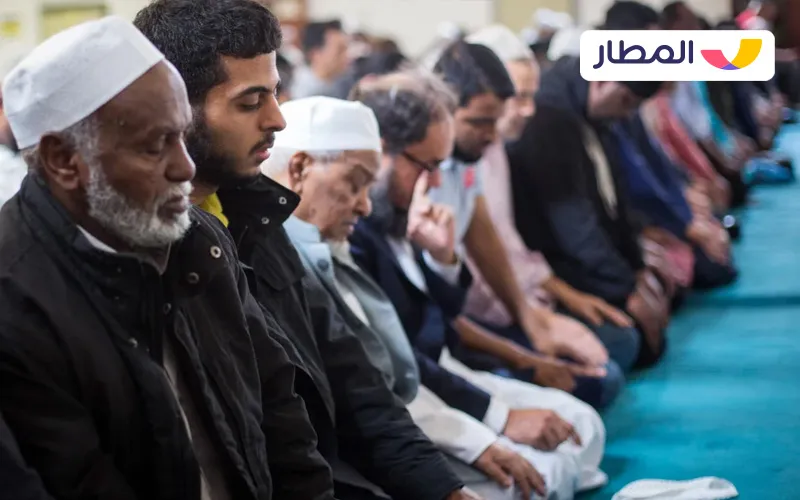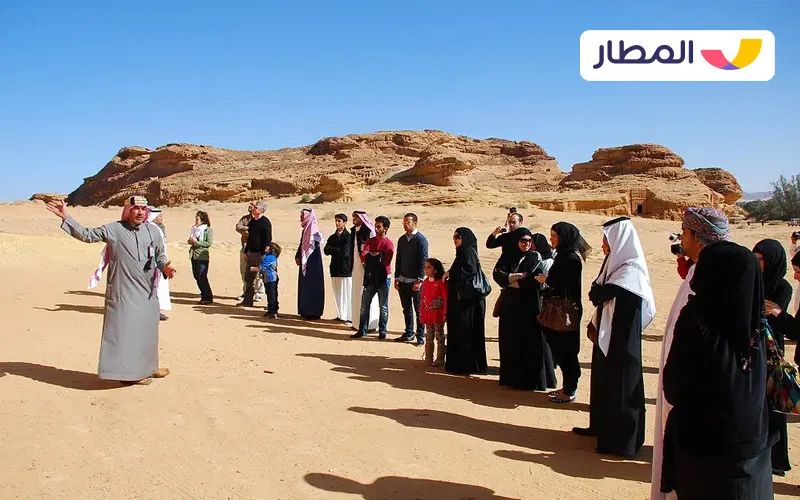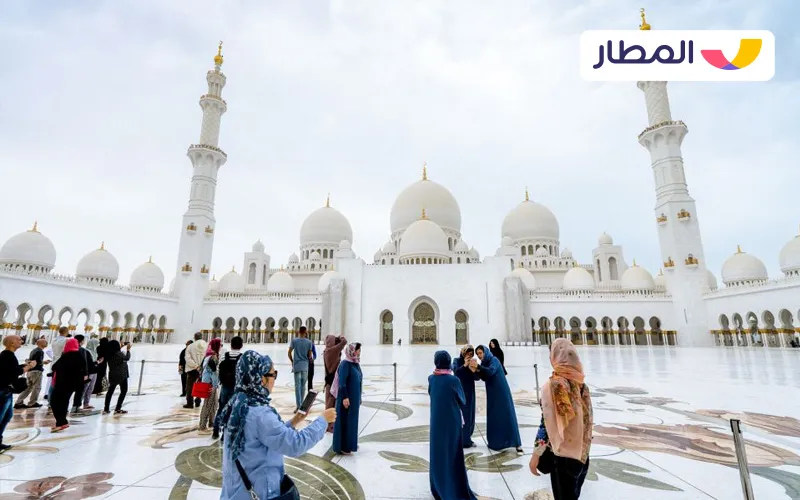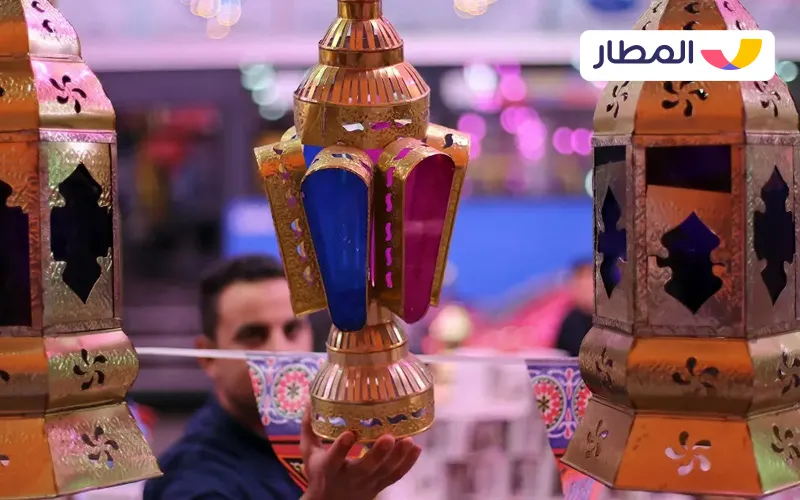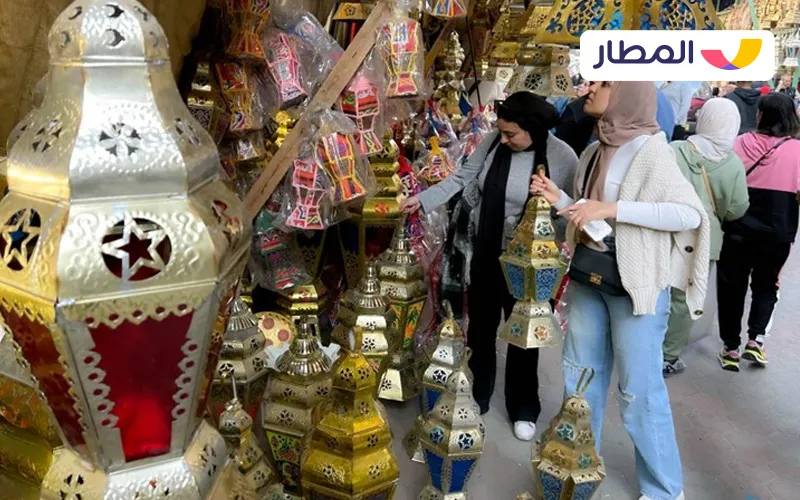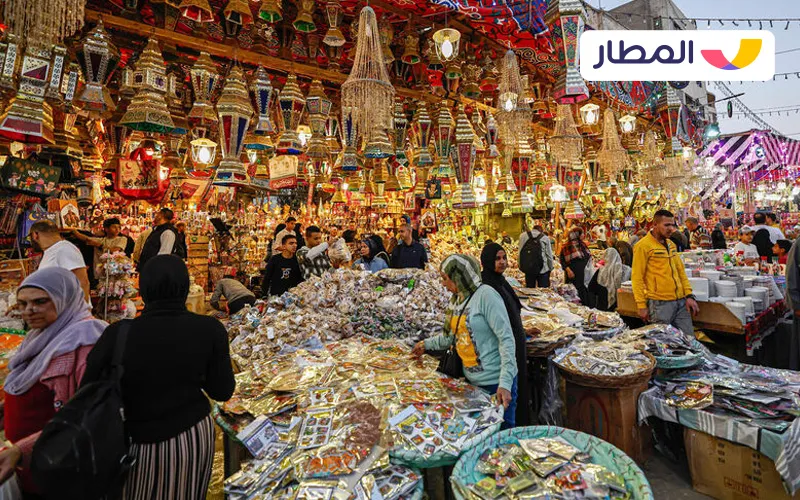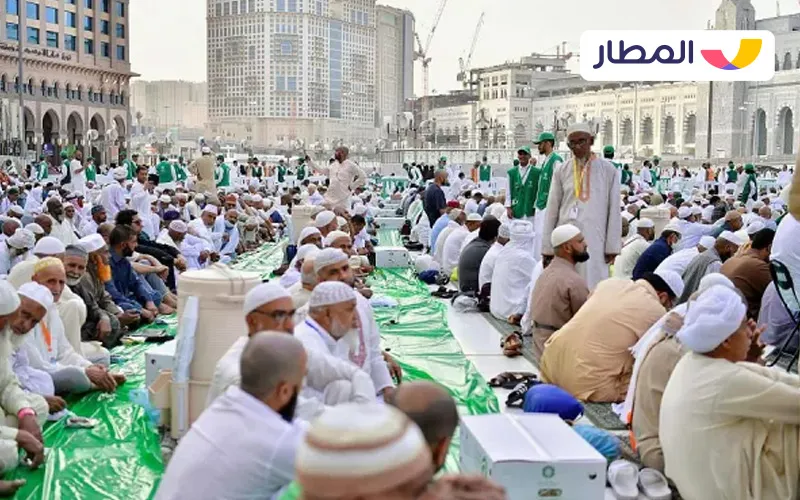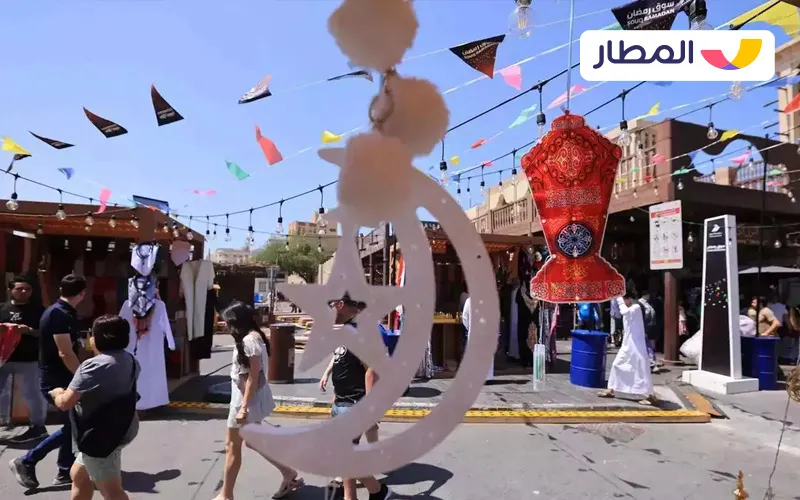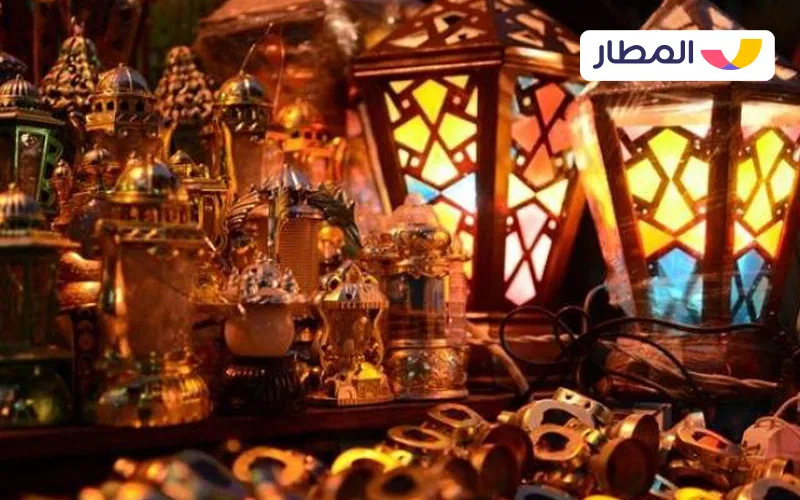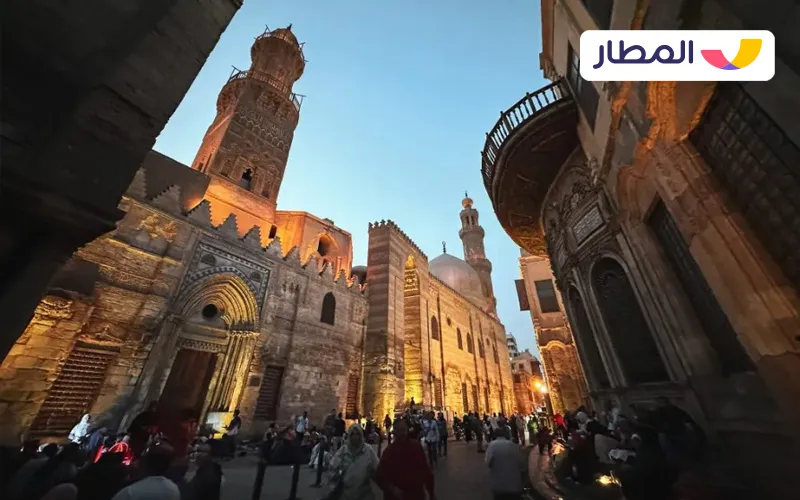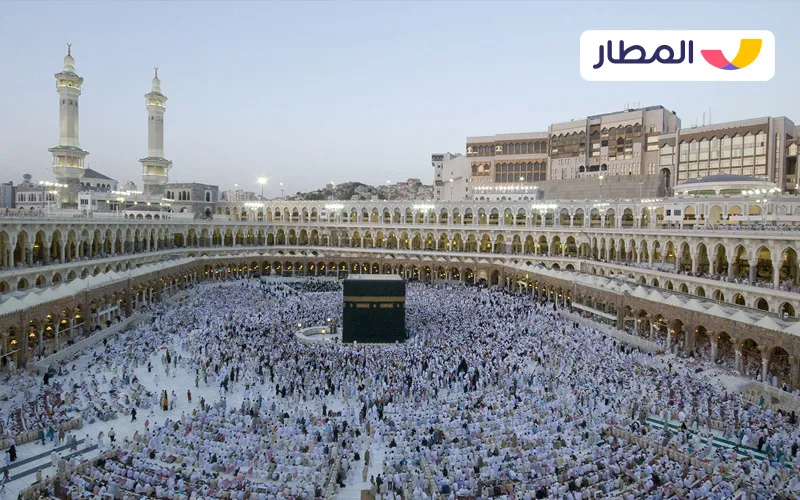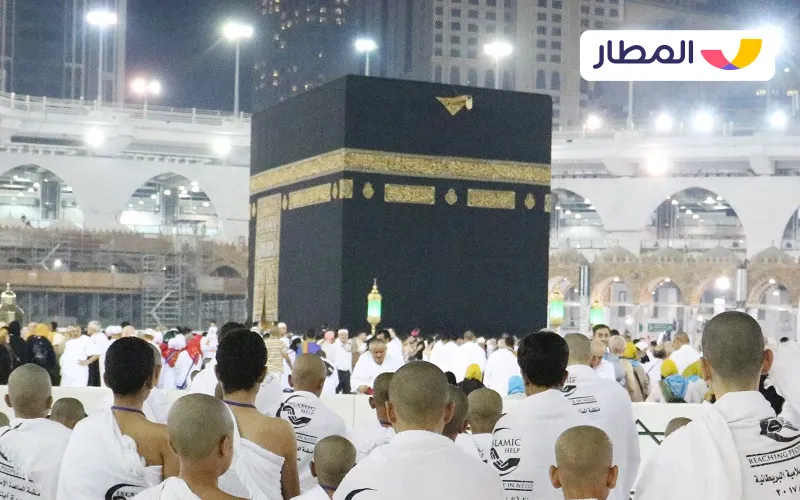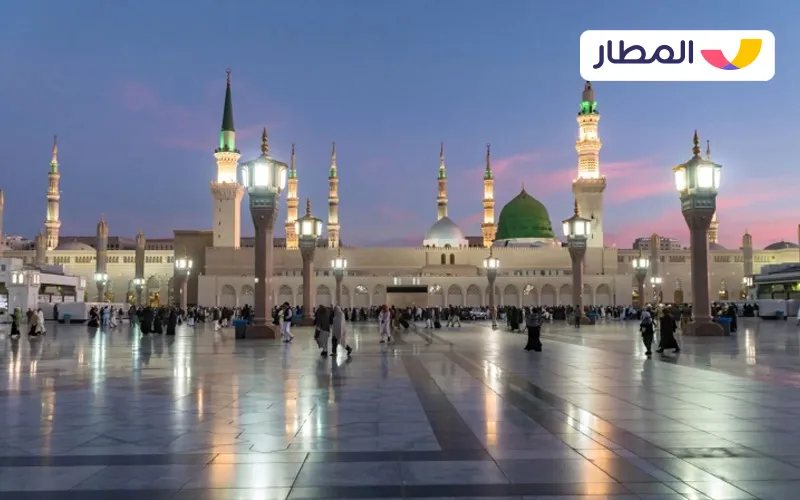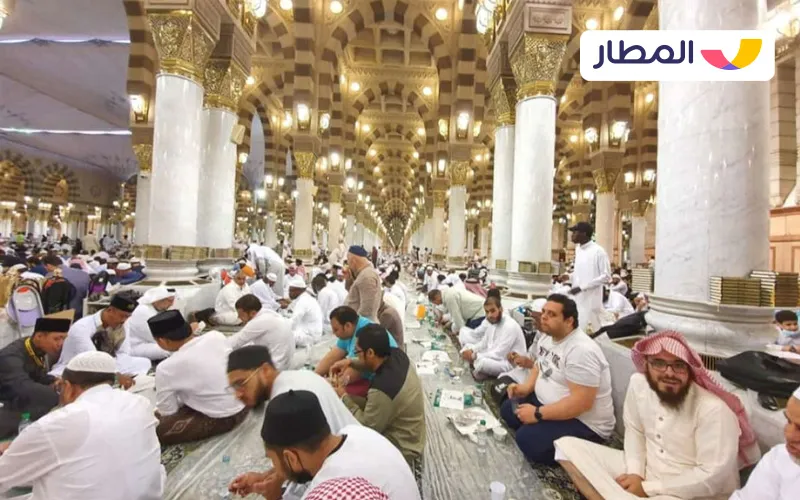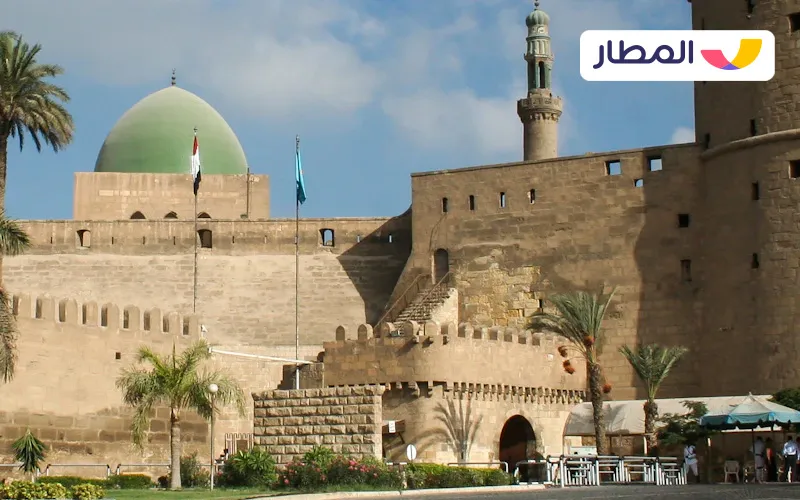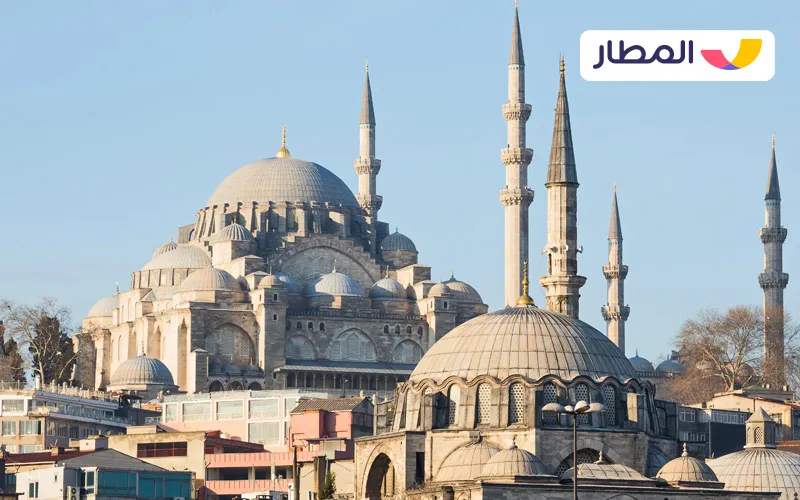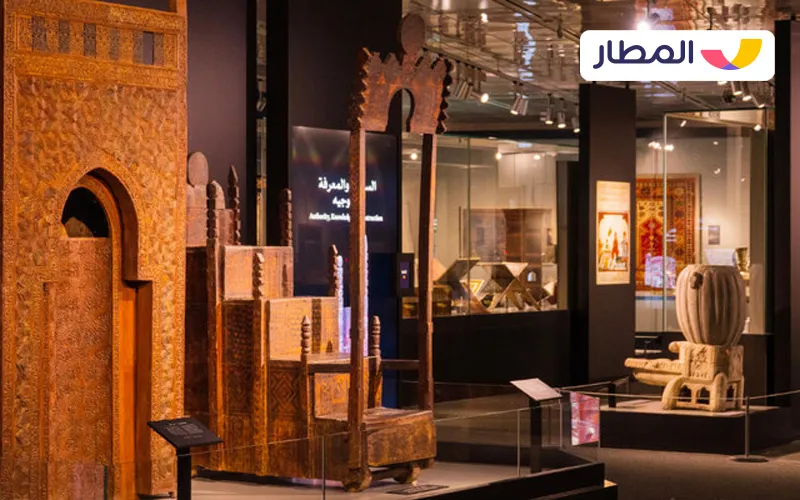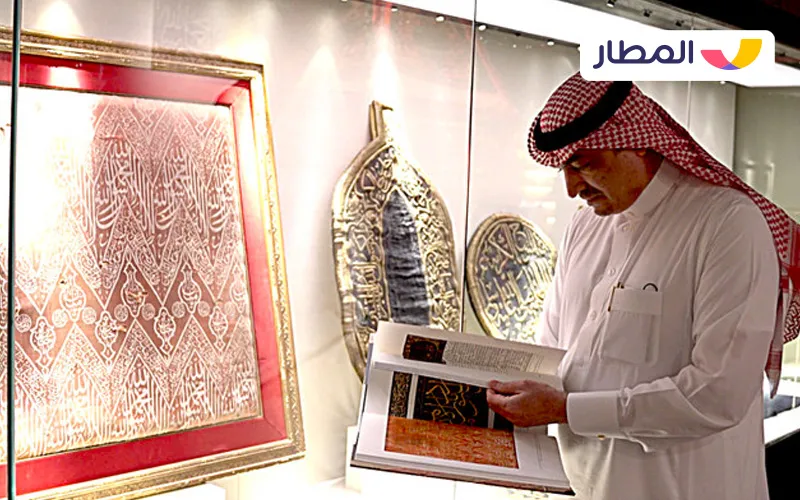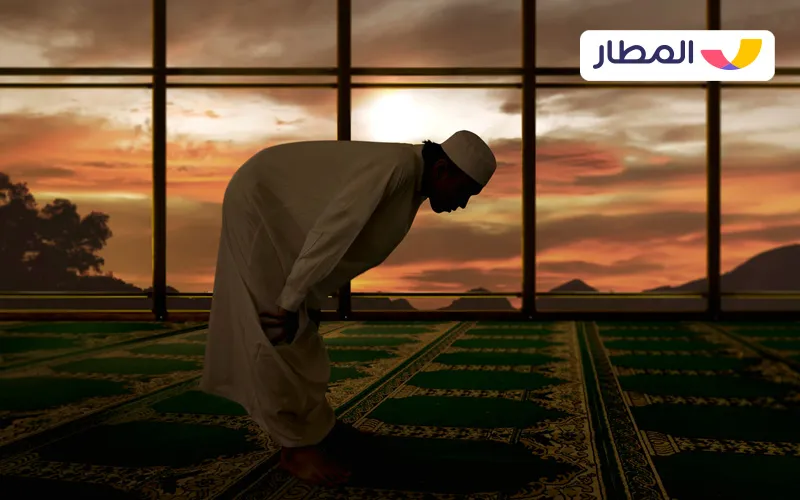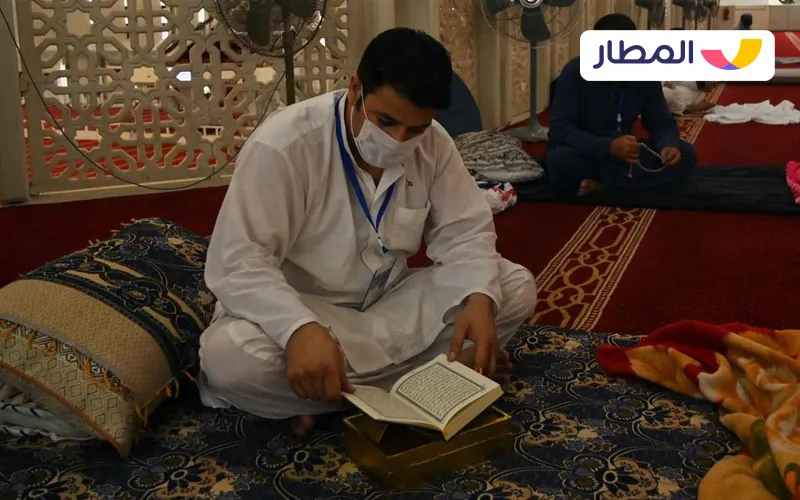Ramadan is considered the most important month of the year for various religious trips. Fasting itself increases the spirituality of the fasting person during his visit to a religious site or one of the large and important mosques. The atmosphere accompanying this month in each country helps to make the religious journey interesting, beautiful, and one of a lifetime. Imagine with me the splendor of visiting the Makkah Haram, the Prophet’s Haram, the Quba Mosque, the Al-Azhar mosque, or Istanbul mosques during the month of Ramadan. Visiting these sites entails more than mere presence; it involves prayer, supplication to the Lord of worshipers, and connecting with Muslims from around the world.
Any visit to religious sites will be accompanied by a visit to the folk and heritage markets of the countries you are heading to and participation in various activities and events that abound this month.
In short, any religious trip during the month of Ramadan will be Packed, and its program will be full of various activities, interspersed with entertainment, as well as gaining a lot of experience by mixing with the local community in each of the countries.
The benefits of making religious trips during Ramadan
Religious trips during Ramadan have many benefits, and fasting itself also has many benefits. Going to some places during Ramadan can double these benefits and charge the traveler with great energy. So what are these benefits? Accompany us on this short trip to get to know it:
-
Getting closer to God
There is no better place than mosques to strengthen this, especially if this mosque is located at the forefront in terms of the fee for praying in it and entering it. I mean the Holy Mosque in Mecca and the Prophet’s Mosque in Medinah. The same hardship of traveling and the trouble of reaching religious places have a reward with Allah, so the meeting of fasting, the effort of traveling, and the reward of worship take place in the mosque to pour the whole into the point of achieving closeness to Allah and obtaining his satisfaction.
-
Increase knowledge and experience
Each travel experience enriches the traveler with a range of experiences and with extensive knowledge about the destination he intended. Traveling to Umrah in Mecca, for example, or to Medinah, or to Cairo to visit its religious landmarks, or to Istanbul and its wonderful religious places, all this will reflect positively on you by increasing your religious experience of these landmarks and contact with Muslim communities everywhere, and by expanding on the culture and traditions of each country and each of these cities.
-
Improving mental health
Too much thinking about the past or worrying about the future and addiction to it causes a person a lot of psychological fatigue; he no longer enjoys the moments of his life and the times he spends with his family or friends. Going to religious places, visiting the most important holy sites, performing worship duties, in addition to fasting—all this makes a person live in the present moment, and his soul is affected by the new spiritual experience he is going through, so the cloud of anxiety clears from him and his mind moves away from thinking about things of the past.
The effect of strengthening attachment to religious matters has a crucial role in improving mental health, and this has been addressed by some scientific studies and research on the human psyche.
-
Connecting with communities
Traveling will allow you to get acquainted with a lot of people and to communicate with many activists in various fields. You will have the experience of volunteering with the local community to do a lot of good deeds during Ramadan, and your visit to religious places will be an opportunity to get to know some personalities. These places attract Muslims from all over the world, from the far east of Asia to the last point in the West, and you will meet Muslims of different orientations, ethnicities, and cultures.
Types of religious trips during Ramadan
Saudi Arabia has the lion’s share in encompassing various types of religious trips to many heritage and religious sites within it. It is the cradle of Islam, from which it expanded to other countries. Religious sites are concentrated in Mecca and Medinah specifically, the former being the starting point of the call and the latter being the place from which it expanded and reached all horizons. Below, we will explore the most important types of religious trips that can be undertaken during Ramadan:
-
Performing Umrah in Mecca
Traveling to perform Umrah in Mecca is the most important religious trip that can be done during Ramadan. Millions of Muslims around the world are eager to visit the Grand Mosque and circumambulate the Kaaba. The performance of umrah in Ramadan has its own reward, as stated in the Islamic heritage, so Muslims prepare for this spiritual journey before the advent of Ramadan every year.
-
Visit the Prophet’s mosque
Visiting the Prophet’s mosque is the second destination to which Muslims go in Ramadan after Mecca Haram. Many of them stay for several weeks in hotels adjacent to the campus to take advantage of the opportunity to perform obligatory and Sunnah duties there every day.
-
Visit the ancient and large mosques
Ancient and important mosques are distributed in many Islamic countries. You will feel reverence when you enter one of them because of its prestige and beauty, along with the ancient architectural character that infuses the soul with a sense of tranquility and reassurance. Among these mosques, for example, is the Al-Azhar mosque in Cairo, built in 970 a.d., and it includes one of the oldest universities in the world.
You can visit the large and beautiful mosques in Abu Dhabi (Sheikh Zayed Grand Mosque), Dubai (Jumeirah Mosque), Casablanca in Morocco (Hassan II Mosque), Algeria (Algiers Mosque), Islamabad (King Faisal Mosque), and others in many countries.
-
Visiting Islamic museums
Visiting Islamic museums is an opportunity to get acquainted with Islamic history through the exhibited antiquities and valuable collectibles left to us by our ancestors.
-
Itikaf and worship
Muslims practice Itikaf worship in Ramadan, which is why they visit some places of worship and some mosques to practice it. Anyone who wants to make an Itikaf at the Haram al-Makkah can register to do so, as the field is open to all Muslims. But there are regulations and conditions that must be read and adhered to.

